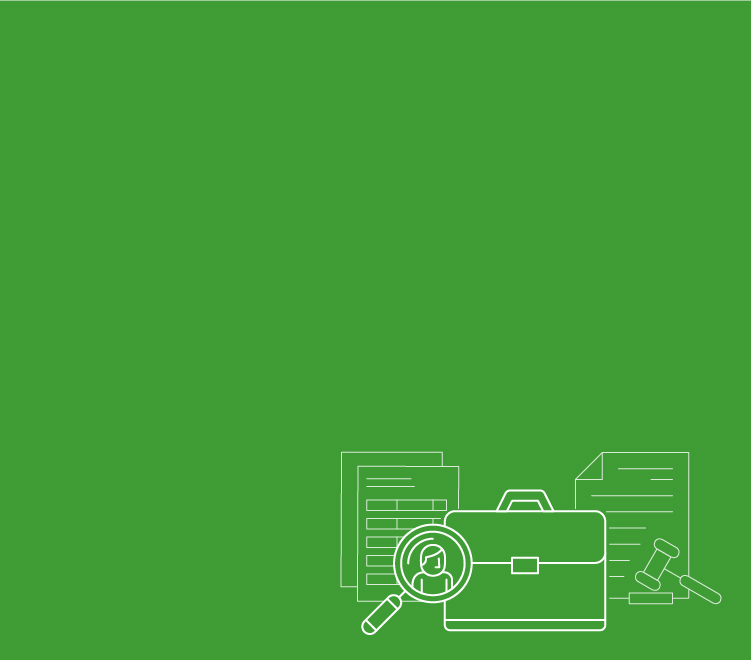24 March 2020
Liability transfer rules
The Government have confirmed that the controversial transfer of liability provisions will form part of the new IR35 rules from 6 April 2021 but with some concessions as per HMRC guidance.
Who has liability under the new rules from 6 April 2021?
Under the new IR35 rules, the liability for the tax, NIC, and (potentially) Apprenticeship Levy due under PAYE where IR35 applies, will pass down the labour supply chain as each party satisfies its obligations and will ultimately be the responsibility of the fee payer/deemed employer.
The transfer of liability provisions will allow HMRC to transfer unpaid liabilities to:
- an agency at the top of the labour supply chain (i.e. the first agency which has the direct contractual relationship with the end-client); or
- to the end-client itself, where there is non-compliance further down the labour supply chain and HMRC is satisfied that there is no realistic prospect of recovering the tax, NICs and apprenticeship levy liabilities due from the fee payer/deemed employer.

① Status determination flows down contractual chain.
② Agency 3 fails to share the status determination with the feepayer
③ The liability initially sits with Agency 3.
④ If HMRC fails to collect the liability from Agency 3, the liability transfers directly back to Agency 1.
⑤ If HMRC fails to collect the liability from Agency 1, the liability finally transfers to the client.
How will these rules be applied?
HMRC have stated that these transfer of liability provisions will not be applied where the failure to account for tax and NICs by the fee payer is as a result of a genuine business failure and the fee payer has not knowingly benefitted as a result. It is important to note, however, that this concession is not included in the draft legislation and will inevitably be open to interpretation.
The provisions will apply where, for example, a party has entered into the labour supply chain where the intention is to avoid the tax and NICs liabilities due.
The Government has been clear that the intention behind the liability transfer rules is to incentivise and increase the use of compliant labour supply chains to ensure the rules are applied as intended. HMRC have published guidelines, including steps that clients and agencies can take to secure labour supply chains to minimise the likelihood of the application of the transfer of liability provisions.
Understanding the labour supply chain
End-clients using the services of workers operating via their own intermediaries, and agencies at the top of the labour supply chain, will need to be particularly mindful of these rules where such workers are procured through labour supply chains. They may wish to undertake supplier due diligence.
The end client and the first agency will need to understand who the parties in their labour supply chain are and ensure that parties further down the chain are aware of and meet their obligations under IR35. Measures may also need to be taken by the end client and the first agency to protect themselves from unexpected liabilities, for example, by introducing indemnities into contractual arrangements and seeking appropriate insurance cover
If you have any questions or concerns about IR35, including on how you can best prepare for change, please contact David Williams-Richardson, Susan Ball, or Lee Knight.







